Today, in our STORIES FROM ANOTHER WORLD, we share the witnessing of José Magro. José is our psychologist coordinator of Golden Beehive, but today he will tell us how Dayamit youth are facing his “Life skills” course… what is this? Let’s discover through his words…...
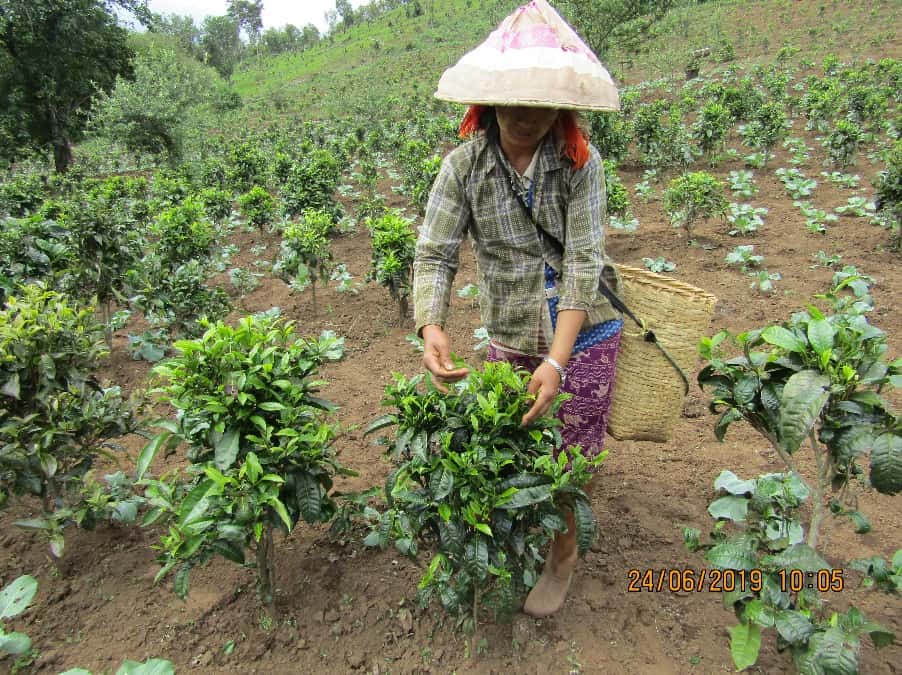
REFORESTATION
Objective
Prevention and reduction of impact of deforestation and climate change in Shan State
Beneficiaries
386 farmers, 42 rural villages
Partners
Ministry of Agriculture, Deparment of Social Welfare (DSW), Local Commuinities, Department of forestry in Kyaing Tong
Donors
PIME foundation, CEI, OBOS
PROJECT
The project, started up in 2014, aims to reduce the impact of growing deforestation and of soil erosion in last few years due to the implementation of agricultural techniques which aren’t eco-friendly at all.
This project is rising from the understanding that awareness alone is not enough to safeguard forestry reserve, but it is necessary also to offer to local population also interesting alternatives. Coffee and tea are plants which find in forestry ambience the perfect conditions to grow, and investment in those crops it’s the key to protect the forest and, at the same time, to grant a good income to farmers in the area.
For this reason we decided to start agricultural trainings to promote those crops, good agricultural practice and techniques to prevent soil erosion, sustainable farming. Land tenure is also an important topic for our training, in order to fight land grabbing and make farmers the legal owners of their lands.
Meanwhile the project foresees also the management of nurseries for the distribution of plants for reforestation of specific areas, previously deforested for the cultivation and then abandoned, and also the formation of “Forestry preservation” groups in villages.
CONTEXT
Myanmar is a predominantly rural country: most of population(72%) lives in rural areas and agriculture and related activities still are main income sources.
Deforestation is one of the biggest challenges in Myanmar, especially in Kyaing Tong area.
Most of the territory is occupied by forests, from which the population is gaining firewood and construction wood. In rural villages they’re using firewood to cook and for heating; even in bigger city, such as Kyaing Tong, 90% of families is still using wood to cook or for productive activites such as tea drying.
Furthermore we should consider also Thek trafficking, an high-quality wood which grows especially in those forests and whom commerce is not always legally managed.
In this area, as in the whole country, there isn’t any plan about forestry management which rules the deforestation.
If we’re not able to act a global level, then it’s essential to reduce the impact of deforestation through simple actions directly into the villages.
VILLAGES
FARMERS
COFFEE/TEA PLANTS PLANTED
FRUIT PLANTS PLANTED
SCIONS DISTRIBUTED
NEWS
JOSÉ AND THE FUTURE OF HIS YOUTH
STEVAN AND HIS NEW FUTURE
In the fiteenth chapter of "STORIE FROM ANOTHER WORLD" we want to tell you about Stevan, who, thanks to a meeting with our program manager, managed to change his life in a short time! "Hi, I’m Stevan and I am 21 years old, I grew up with my Aunt because my parents...
SAW SAI, THE DETERMINATION OF A BOY
In this chapter of STORIES OF THE OTHER WORLD, we tell you about Saw Sai Chit Oo, who suffers from physical and intellectual disabilities. Initially his mother was worried about her son's future and didn't believe in his potential, but thanks to Saw Sai's journey, she...

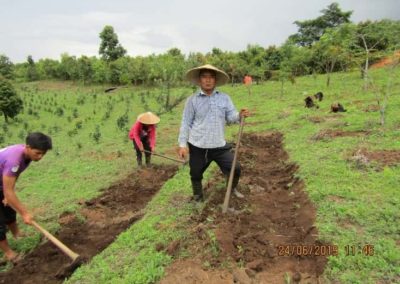
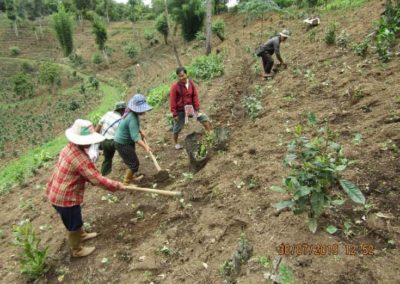
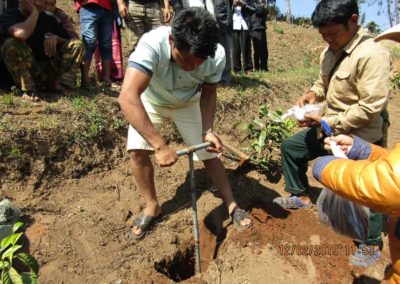
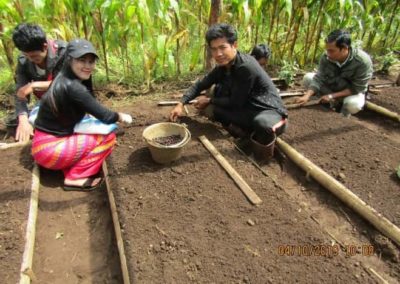
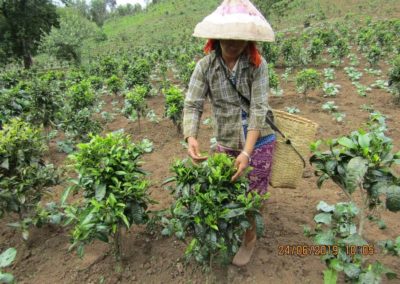
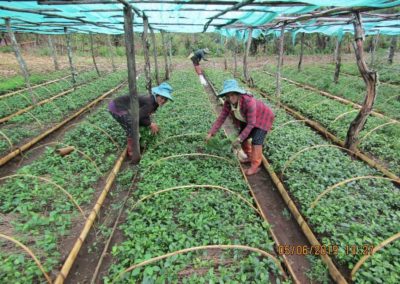
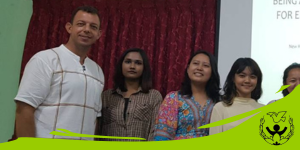
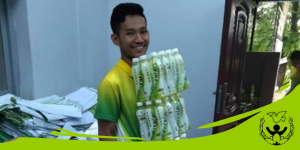
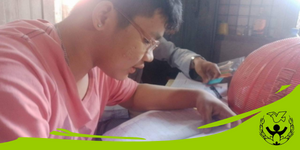
Recent Comments